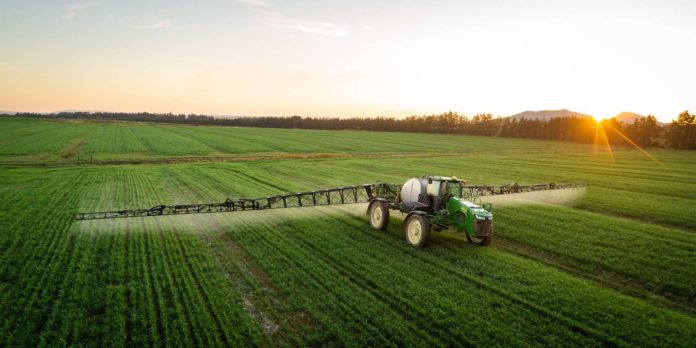The Southern African Agri Initiative (Saai) welcomed the firm action against alleged corrupt officials in the Commission for the Restoration of Land Rights (CRLR) taken by Mzwanele Nyhontso, newly appointed Minister of Land Reform and Rural Development. This comes in response to Nyhontso’s approval for the immediate suspension of several CRLR officials involved in alleged financial irregularities.
The organisation also argues that within only one month since his appointment in his portfolio, the Minister has made a promising commitment to the eradication of corruption in the Department and is hopeful that he will continue with this effort without hesitation.
According to Dr. Theo de Jager, Board Chairman of Saai, corruption, nepotism, cadre enrichment and fraud are the order of the day in the Department of Land Reform and Rural Development. “The current processes and procedures used to identify beneficiaries of land reform as well as the way in which the management of transactions, payments and support funds are handled, are open to abuse,” emphasises De Jager. “Farmers and other landowners are, however, thanks to the Minister’s firm action, now optimistic that stricter action against and investigations into irregularities in the Department will be carried out from now on and that already concluded transactions and payments will also be investigated again.”
De Jager stresses that corruption in this Department has been in the spotlight for years. A damning report by an independent high-level panel published in March 2018 under the leadership of former president Kgalema Motlanthe exposed, among other things, the serious and comprehensive corruption and mismanagement in the land reform process. “Unfortunately, the report has been sitting on President Cyril Ramaphosa’s desk since then without any consequences for the implicated officials or politicians,” explains De Jager.
The notorious Mala-Mala transaction of 2013, during which almost R1 billion was paid to land claimants for a 13 000 ha game farm in Limpopo, is indicative of the irregularities that have been allowed in the Department for years. “Despite the apparent irregularities with this transaction, a report on this suspicious transaction, the beneficiaries, commissions and favouritism that resulted from it, was never made public,” says De Jager.
Meanwhile, last week Saai brought up several issues that directly affect farmers during a meeting with Nyhontso. AfriForum’s CEO, Kallie Kriel, and Theuns Eloff, facilitator of the Afrikaner Declaration, also attended this meeting. During this, Saai expressed its serious concern about land redistribution processes where black farmers lease land from the state, but ANC-appointed officials refuse to renew leases and instead make the relevant farms available to politically connected cadres. The legal action Saai launched against the Minister on behalf of black members was also discussed.
“The land reform process has so far largely failed and apart from corrupt officials, it has not benefited anyone. Firm action by a Minister who owes no sympathy or loyalty to the officials is the only hope to get land reform and the establishment of a new class of profitable black farmers on track,” concludes De Jager.








